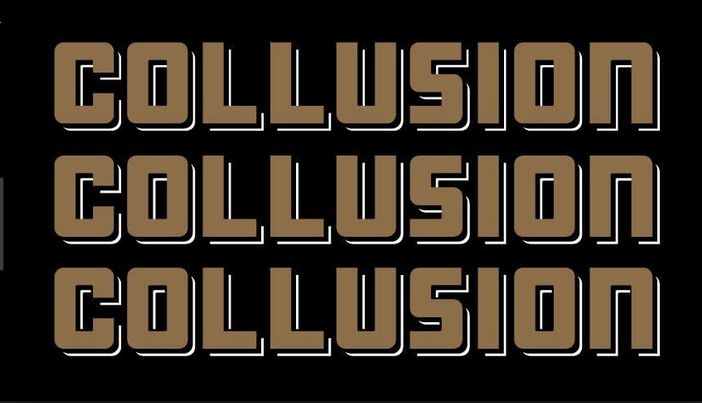President Trump’s defender-in-chief, Rudolph W. Giuliani, departed from his client’s usual mantra of “no collusion” on Monday by arguing that even if the Trump campaign colluded with Russia, that is not a crime. On Tuesday, Trump repeated on Twitter that “collusion is not a crime.” While he and Giuliani are technically correct, that’s only because collusion is a rubric that in fact encompasses many crimes. As criminal law experts with a collective century of experience prosecuting and defending criminal charges, we believe the sudden pivot to this baseless legal defense signals concern among Trump and his attorneys about emerging evidence that will show collusion.
That term has come to be shorthand for the possibility that the Trump campaign, its advisers or the president himself coordinated with Russia, a hostile foreign power, to help Trump win the election. The argument that such coordination would be lawful is striking, including the fact that it follows 191 charges against 35 individuals and companies brought by special counsel Robert S. Mueller III, which have yielded five guilty pleas. Taken together, that work spells out the many crimes Russia committed to attempt to affect the outcome of the 2016 election.




